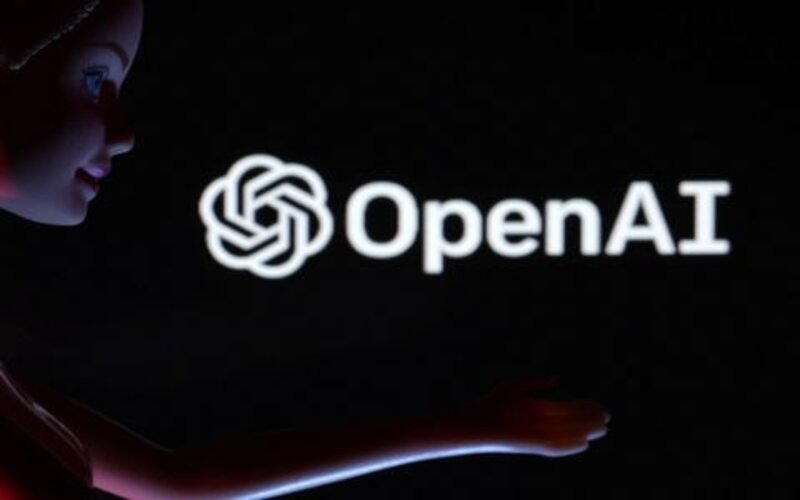According to a Reuters letter, employees at OpenAI have threatened to leave the artificial intelligence industry and join former CEO Sam Altman at Microsoft’s (MSFT.O) new division if the board does not resign.
Approximately 500 employees of OpenAI announced their resignations, except Chief Operating Officer Brad Lightcap, Chief Data Scientist Ilya Sutskever, and Chief Technology Officer Mira Murati, a person familiar with the situation told Reuters.
OpenAI did not immediately answer a request for comment from Reuters. This dilemma has ramifications for the whole IT industry. As a leader in the field of artificial intelligence research, OpenAI is well-known for its groundbreaking discoveries and partnerships. However, the company’s competitive edge may be impacted, ongoing initiatives may be delayed, and influential individuals, such as developers and researchers, may leave.
The open demonstration of internal strife may significantly impact the industry’s perception of OpenAI. Events of this nature are closely watched by partners, clients, investors, and stakeholders; how this crisis is handled could impact their faith in the company’s future. Any unfavorable effects from this circumstance could cascade on relationships, financing, and collaborations, impeding OpenAI’s advancement.
The leadership of OpenAI must act quickly and strategically to resolve this issue. Essential actions include open communication, proactive staff involvement, and a dedication to resolving underlying issues. Rebuilding trust and stability inside the company can be facilitated by laying out a clear plan for resolving internal conflicts and solidifying a shared future vision.
As stated in the employee letter, OpenAI is at a critical juncture where the resignation of the board is necessary. Beyond just psychological unhappiness, the effects affect stability, the perception of the industry, and possibly even long-term consequences. Restoring stability, keeping talent, and maintaining OpenAI’s position as a pioneer in artificial intelligence research and innovation will depend critically on how it resolves internal issues and navigates this crisis.


















































